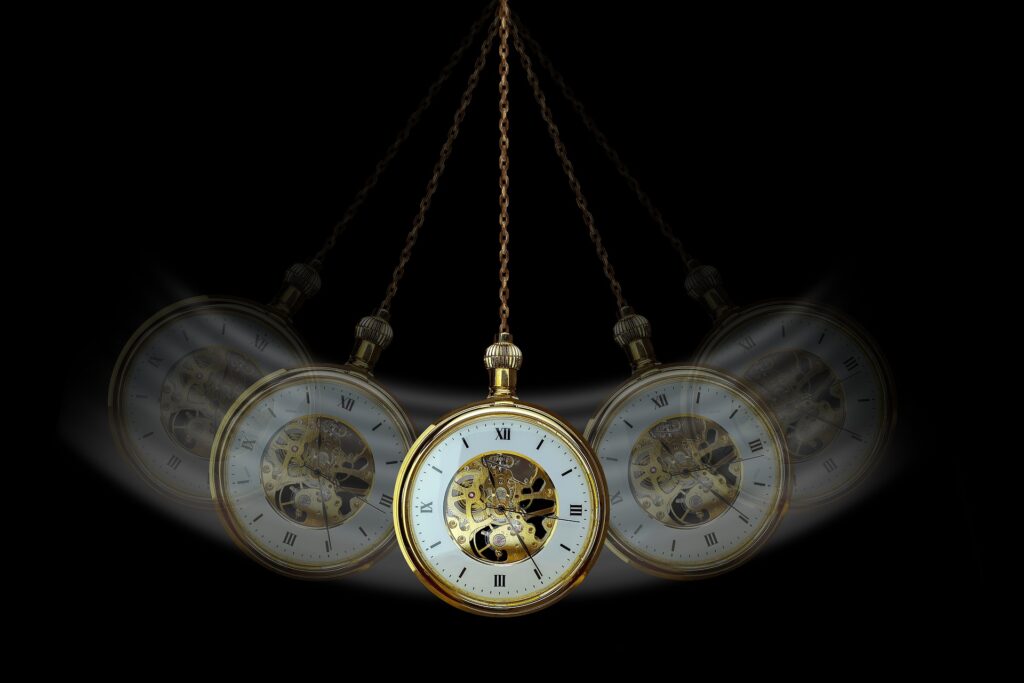At the point of writing, I have obtained an Advanced Certificate in Clinical Hypnosis and am an Affiliate member of the British Society of Clinical Hypnotherapists. My Specialist course begins next week.
I am also a trained Singer, Singing Teacher and a trained Speech and Drama Teacher, holding an LLCM (TD) diploma in Speech & Drama Teaching and a ALCM diploma in Public Speaking.
This course for me has been a great revision as well as an extension of my Communication and Speech & Drama teaching knowledge and experience.
Here are some things that I have learnt from Hypnotherapy that I use in my Performing Arts teaching:
- The Power of the Pause
I used to deliver my Hypnosis speeches like regular scripts. Hypnosis scripts have lots of ‘…’ in them, indicating pauses. They have tonnes of them, so many that in fact I have omitted them from my own scripts. In Hypnosis, the lines are delivered on the subject’s out-breath so as to condition the subject to associate the suggestions with relaxation.
Pauses are not empty spaces. They are spaces where important functions happen. Just like when you text someone and they don’t get back to you. External movement stops. Internal movement takes over.
- Intone: the sound of the spoken word as music
It’s not so much of what is said than how you say it that matters in Hypnosis. Hypnosis brings the subject to a state of primary sleep equivalent to non-REM stage 1 and 2. The subject is not in a deep sleep and is still aware of his or her surroundings and what is being said to him or her. However, the conscious mind goes off for a coffee during these stages. The subject becomes more the way that something is said rather than the content of what is said.
Repeated sound cues like a rising and falling inflection on the word ‘relax’ and a protracted ‘ah’ vowel on the word ‘now’ become cues for certain states of body e.g. relaxation, dissociation.
In poetry, the sound of the word is as important as the precision of the word used to convey a certain state of be-ing. Words express the Mind but it is the sound that expresses the heart.
- Repetition, Repetition, Repetition
Repetition creates an association with a certain word e.g. ‘relax’, a certain phrase e.g. ‘deeper and deeper’ or a certain state e.g. dissociation which may be used to cue that state.
Repetition also creates rhythm that can lull the subject into a deep state of relaxation. Deeper and deeper. Deeper and deeper still. All the way deep down relaxed.
- Be vague
Where does the play happen when you watch it? Does it happen on stage? No. It happens in your mind. The players and the stage set-up merely suggest the narrative and dramatic context of the play. It is the minds of the audience that fill in the details with their inner realities.
As a Hypnotist, the vaguer you are, the better. We want the subject to go within , to access their inner realities. This is known as the state of trance. Suggesting the bare minimum makes for good hypnosis because the subject fills in all the details himself or herself. This makes for a customised, personal experience with minimal effort on the hypnotist’s part.
That’s your job as a play-maker or actor. Your job is to provide a facsimile of Life. The audience does the rest.
Check out my free hypnosis downloads at with free hypnosis audios and script giveaways at https://vocalogy.co/free-downloads/
For Vocalogy merchandise featuring more of my musings on words,music and Life, visit the Vocalogy store.

